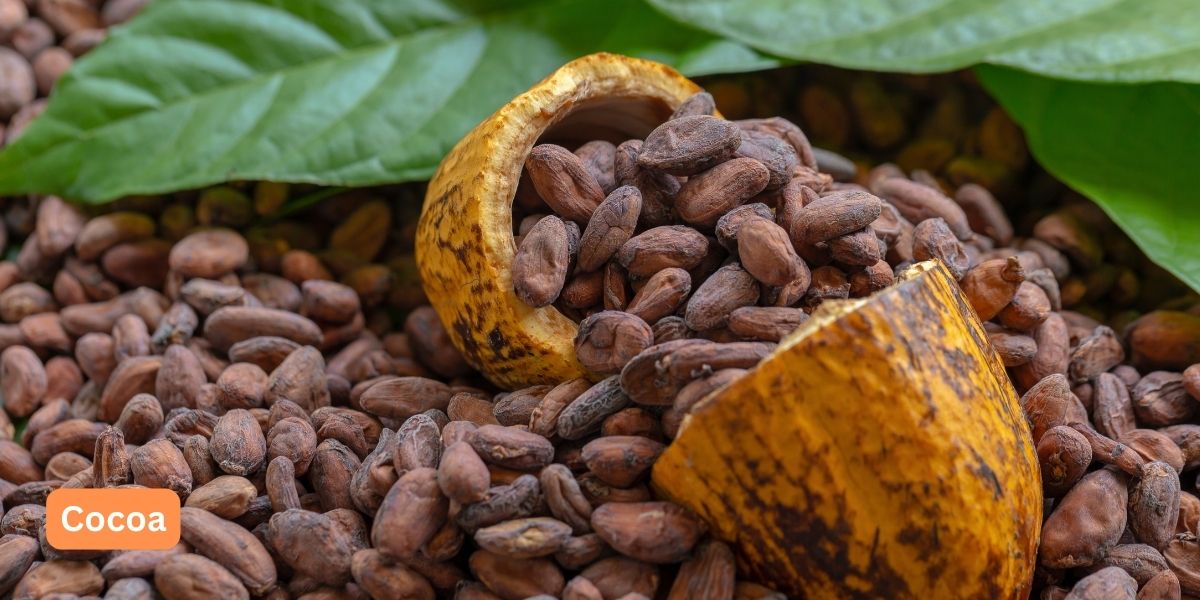The Nigerian Export Promotion Council (NEPC) has announced an increase in the country’s non-oil export earnings for 2024, reaching a total of $5.456 billion, representing a 20.77 per cent rise from the $4.517 billion recorded in 2023.
The growth has been attributed to increased production, improved global demand for Nigerian exports, supported by economic recovery and strategic trade partnerships, government trade policies, and expanding global market access.
At the presentation of the 2024 Non-oil Export Performance Report, the executive director/CEO of NEPC, Nonye Ayeni, highlighted that Cocoa Beans and Urea/Fertiliser emerged as the top contributors to the sector’s revenue.
“Despite the economic realities and the global economic downturn, the Council through collaboration with other relevant agencies has contributed towards economic diversification with an impressive non-oil performance of $5.456 billion in 2024. It is worth noting that this reflects a significant increase of 20.77 per cent (938.442 million) compared to the recorded figure of US$4.517 billion for the preceding year of 2023,” Ayeni said.
Cocoa Beans accounted for 30.55 per cent of total non-oil exports, while Urea/Fertilizer contributed 15.74 per cent, underscoring the pivotal role of agriculture and industrial exports in Nigeria’s economic diversification efforts.
She further attributed the growth to enhanced production in key sectors such as agriculture, solid minerals, and manufacturing, alongside trade policy reforms under President Bola Ahmed Tinubu’s agenda.
On key drivers of growth, NEPC identified several factors that fueled the sector’s performance, including, Increased production of agricultural and industrial commodities such as Cocoa, Urea/Fertilizer, and Sesame Seeds.
Federal government efforts to enhance trade policies and market access and increased participation in regional and international trade agreements.
“The impressive performance in 2024 reflects the success of our #doubleyourexport campaign, Export 35 Redefined initiative, and strengthened advocacy for non-oil exports,” Ayeni stated.
She added that a total of 246 distinct products were exported in 2024, spanning manufactured goods, semi-processed commodities, and raw materials. This is apart from Cocoa Beans and Urea/Fertilizer, Sesame Seeds, Cashew Nuts/Kernels, Aluminum Ingots, Cocoa Butter, Copper Ingots, Soya Beans/Meal, Gold Dore, and Hibiscus Flower ranked among the most exported products.
Cocoa Butter, in particular, witnessed a notable surge in demand, entering the top 10 export list due to improved processing and favorable market conditions.
Among exporting companies, Indorama Eleme Fertilizer and Chemical Limited and Starlink Global & Ideal Limited led the pack, with export earnings of $475.3 million (8.71 per cent) and $456.7 million (8.37 per cent), respectively. Their dominance was largely due to large-scale exports of Fertilizer and Cocoa products.
“Of the top 20 exporting companies in Nigeria, Indorama Eleme Fertilizer and Chemical Limited and Starlink Global & Ideal Limited secured the foremost position with $475,309,887.26, representing 8.71 per cent and $456,740,920.00, representing 8.37 per cent respectively. This is attributed to their notable export volumes of Fertilizer and Cocoa products,”
Ayeni acknowledged that Informal Cross-Border Trade (ICBT) plays a crucial role in Nigeria’s non-oil export landscape, with its contributions yet to be fully captured in official figures. She emphasised the need for improved mechanisms to integrate and record these transactions to reflect the true scale of Nigeria’s export potential.
“It is also interesting to note that there was an increase in the volume of agricultural commodities as non-oil export returns showed that 7.291 million metric tonnes of exportable products were exported in the period under review. More importantly, the result for 2024 would have been much more considering that the volume of Informal Cross Border Trade (ICBT) represents a reasonable percentage of our exports.
Looking ahead with the positive trajectory of non-oil exports, the NEPC reaffirmed its commitment to strengthening export promotion strategies, increasing value addition in key commodities, and expanding market access through global trade partnerships.
The Council remains optimistic that with continued policy support and private sector participation, Nigeria’s non-oil export earnings will surpass current records in the coming years.
